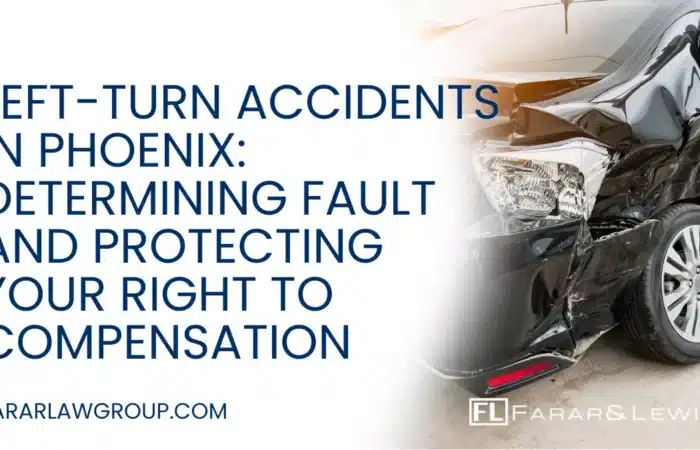When it comes to the worth of personal injury cases, there is no national average. The worth of your personal injury case will depend on a number of very contextual factors that come into play.
The following are all important things that are considered before the final worth of any personal injury case is determined. Note that some of these factors are not objectively quantifiable and will largely be a matter of the judge’s discretion.
The plaintiff’s accountability in becoming injured
Depending on the laws of your state, the worth of your personal injury case may be negatively correlated with what the judge believes to have been your level of accountability in becoming injured.
The majority of states will only reduce the amount of your personal injury compensation by a marginal degree if you are found to have been marginally responsible for your injury. Some states, however, may entirely deny your entitlement to any kind of award if you are found even marginally responsible for your injury in any capacity.
The plaintiff’s effort to mitigating their medical bills before filing a claim
In addition to the plaintiff’s level of accountability in the moments that immediately led up to their injury, the plaintiff’s actions during the time following their injury will also be taken into account. The judge may alter the plaintiff’s award based on the level of initiative taken to get more affordable treatment before choosing legal action as a recourse.
In most personal injury cases, the plaintiff is expected to have made a respectably substantial effort to minimize the costs of treating their injuries. If it is determined that the plaintiff did not make a reasonable effort to lower the overall price of their medical needs, then whatever compensation they receive will most likely be reduced by a fair amount.
In some cases, personal injury case plaintiffs may have neglected to make any attempt at reducing the price of their treatment at all. Even if the plaintiff’s failure to seek out more affordable medical treatment exacerbates their injury into a worse condition requiring more costly treatment, their award amount will still be slashed down because of their negligence.
The conduct of the defendant
In addition to the level of contribution that the plaintiff made to the incident that injured them, the judge will also likely have an interest in how the defendant conducted themselves at the time of said incident. The defendant’s behavior may be used as justification to increase the full amount of plaintiff’s settlement with punitive damages.
In certain circumstances, the defendant may be found to have acted in a manner that goes against the court’s standards for ethical and humane conduct. If the plaintiff’s injury is confirmed to have been directly caused by the defendant’s carelessness, the case settlement may be increased with punitive damages that are calculated based on what the judge believes to have been the exact degree of the defendant’s carelessness.
The severity and nature of the defendant’s losses
Aside from the defendant and plaintiff’s respective levels of contribution to the injurious incident, the severity of the incident itself will also be an important factor in the determining the overall worth of the case.
The nature of a court-appointed settlement is to serve as form of equal compensation for whatever that plaintiff is believed to have lost because of their injury, including medical bills, missed work days, property damage, and emotional or social suffering.
When it comes to a plaintiff’s losses to their injury, it is important to make a distinction between losses that can be objectively calculated and those that have to do with immaterial emotional pain. Unlike compensation for property damage, which can be quantified as the loss of a specific monetary sum, the emotional suffering caused by an injury is treated as the defendant’s loss of opportunities to enjoy their hobbies or way of life.
Settlement-worthy losses might also include the effect of the plaintiff’s injury on their ability to maintain friendships, romantic relationships, or a positive connection with their spouse.
Conclusion
At the top level, personal injury case awards are determined by the laws the state. After the state’s specific laws come the comparative levels of perceived accountability and carelessness demonstrated by both the plaintiff and defendant in the time before, during, and after the injury. Lastly, the worth of the case will depend on the magnitude of whatever quantifiable or emotional losses were caused by the plaintiff’s injury.


